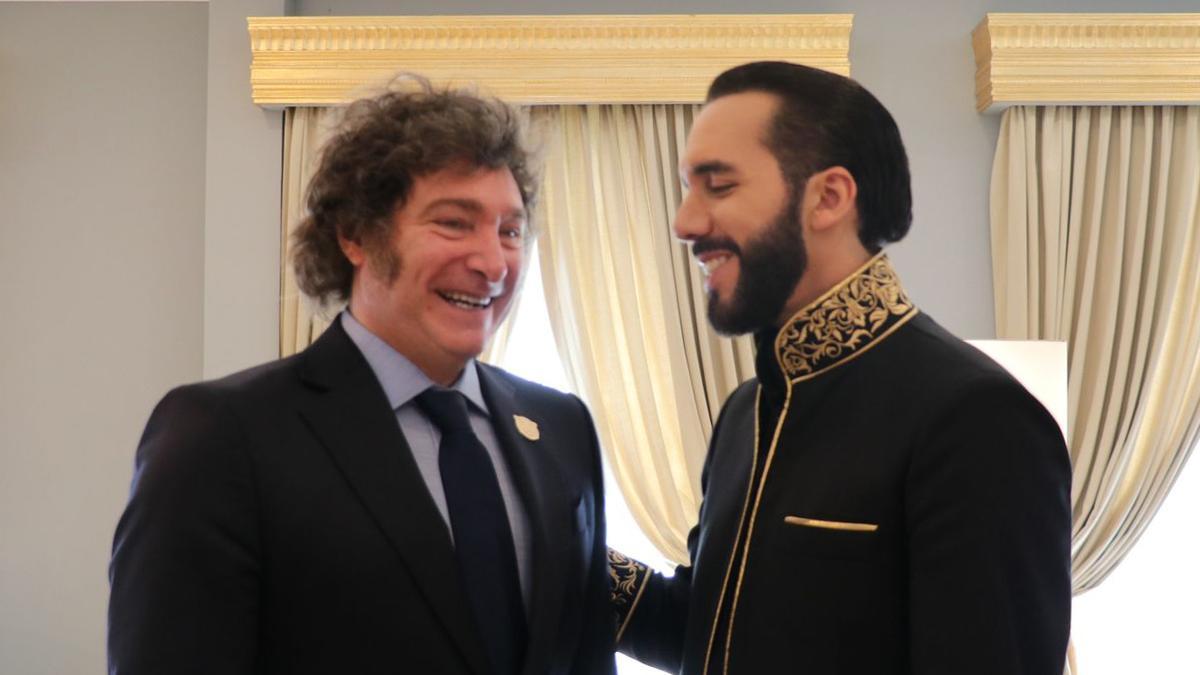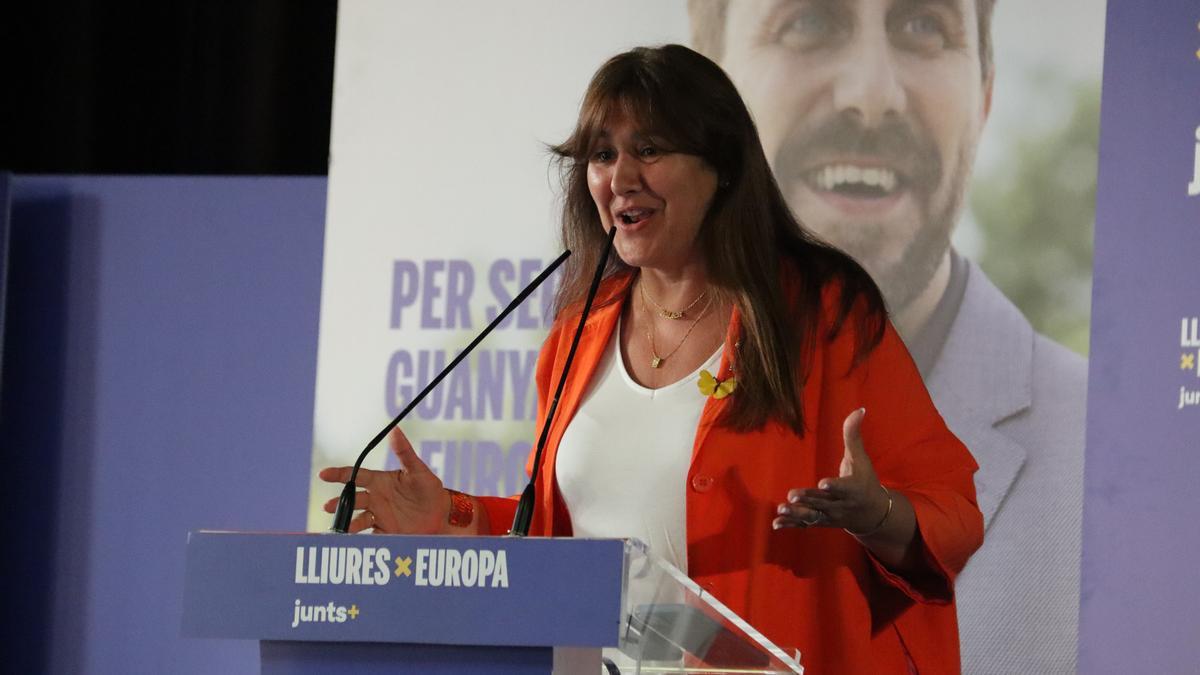A few days ago, political life in Latin America presented two contradictory and unequal episodes that could simultaneously provide signals about regional behavior in the short term. On the one hand, the historic electoral victory in Mexico of Claudia Sheinbaum, the scholar who succeeded Andrés Manuel López Obrador, is also part of a superior leftist tradition. On the other hand, Nayib Bukele began his second term in El Salvador in a government that received a lot of attention and praise from the right in all its meanings.
The two events, only hours apart, are presented as if in a game of opposing mirrors whose explosions are projected beyond their borders. Sheinbaum’s victory was understood as a brake on the ultra-conservative impulse that had taken shape in this part of the world, especially since the arrival as president of Argentina of the anarcho-capitalist Javier Miley, who weeks before the election had his own title. A personal war with López Obrador, convinced that, through his warlike rhetoric, he was helping the cause of the Mexican opposition.
Sheinbaum immediately received enthusiastic greetings from the presidents of Colombia, Chile, Brazil, Venezuela, Bolivia and Cuba. The flow of votes that brought her to the presidency represented a double exception: Sheinbawn was able to benefit from the López Obrador administration while at the same time presenting himself as an alternative. These conditions are not repeated in the Latin American countries where their natural allies rule.
Gustavo Petro lost the regional elections a few months after assuming the presidency, in August 2022, and finds many options in achieving his program. According to the National Consultative Center (CNC), 47.6% of Colombians have a positive image of their administration. As for Boric, he received a rating of 31%. The Chilean left reaches the regional elections in October in difficult circumstances. The conservative movement appears to be the favorite in opinion polls, as well as in the 2025 presidential elections.
Lula became president again in 2023 because he assembled a broad coalition to leave behind the far-right experiment. This virtue also meant a programmatic limit that Sheinbaum would never find on his horizon. She did not have to face the Mexican version of Jair Bolsonaro. The former army captain’s supporters, in turn, have a great ability to obstruct the initiatives of the executive branch in Congress. They want more in the municipal elections and want to turn them into a turning point that accelerates Bolsonaro’s chances of returning to power in 2026.
On October 27, presidential elections will be held in Uruguay, where the Frente Emble (FA), an alliance of left and center-left forces, hopes to return to government. Yamando Orci and Carolina Cos struggle to represent the change in political orientation. Cos, the mayor of Montevideo, has already said she wants to replicate Sheinbaum’s success. Like her, he also ran the capital.
From Venezuela to El Salvador
Venezuelans go to the polls on July 28. Nicolas Maduro has the lever of the state to his advantage, but with his popularity hampered by crisis and internal deterioration. Invoking the name of the late Hugo Chavez in the election campaign does not guarantee its success. Edmundo Gonzalez Urrutia is trying to get the voice of fatigue and discontent on the part of a large part of the population.
Immaturity is very heterogeneous. It is joined by the fear of continuity. In his case, there are voices that view Miley or Bukele with more sympathy than Sheinbaum.
The Salvadoran’s ambitions to transcend the borders of this small country were evident during the recent inauguration ceremony. He said that in El Salvador, a new model is working to serve other regional experiences. It is no coincidence that his name is heard every time a security crisis erupts in Latin America, whether in Ecuador, where President Daniel Noboa declared a state of internal conflict, or in Chile, which waves the flag in its hand every year. Time there is a cycle of violence.
“In the Mexican elections? They want Javier Miley,” the far-right posted on X, along with a photo of a ballot paper on which an angry voter had his name listed. Aside from the sense of global self-importance enjoyed by the Argentine president, who is always reluctant to fall into the pit of ridicule, this story contains a truth common to many countries. As much as the equation of poverty, urban violence and drug trafficking worsens, the eyes of the region’s major cities cross with images of prisons in El Salvador. Disappointed expectations in Brazil, Chile and Colombia facilitate the evangelization of a discourse that in Argentina has gone from being eccentric to central.
For now, the beginning of Sheinbaum’s presidency leaves the idea of a stubborn right-wing presence in Latin America hanging by the emergence of another event that will be decisive. The outcome of the US elections will force a rethink of immediate scenarios if Donald Trump wins or loses.

“Freelance social media evangelist. Organizer. Certified student. Music maven.”










